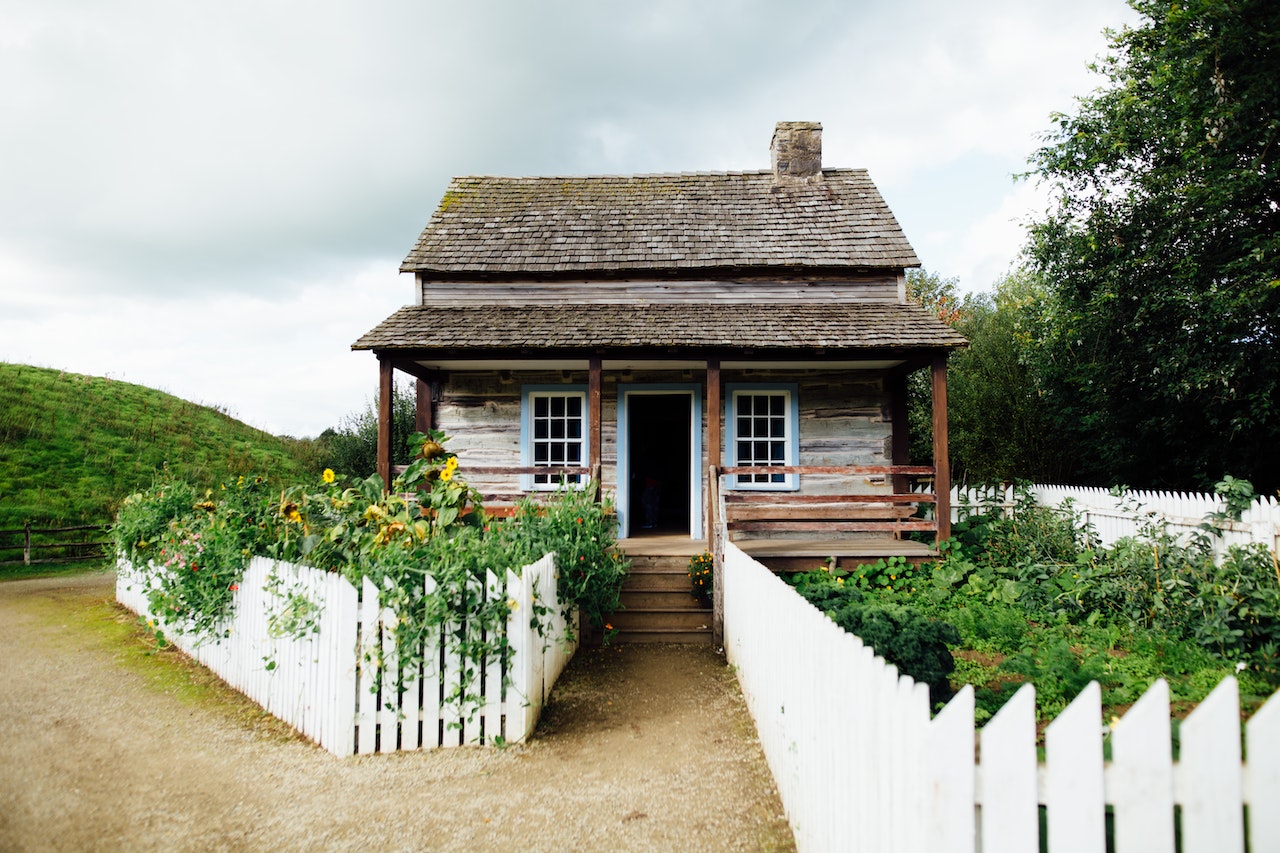There’s a famous saying that goes, ‘home is where the heart is’. Indeed, buying a house is one of the most significant financial decisions you’ll make in your lifetime. However, determining how much to spend on a house can feel overwhelming. It’s easy to fall for the charm of a beautiful home, especially in the UK, where properties carry historical beauty and architectural uniqueness. Yet, it’s crucial to remember that what you can borrow and what you should borrow are two different things.
One principle that popular FIRE (Financial Independence, Retire Early) bloggers like Mr. Money Mustache and The Frugalwoods advocate for is living beneath your means. To apply this principle to home buying, it’s essential to approach it with a long-term view.
Affordability and Income Multiples
A common method for establishing how much you should spend on a house in the UK is using income multiples. Most lenders use this method as well, usually lending four to four-and-a-half times your annual income. So, if you have an annual income of £50,000, you could borrow between £200,000 and £225,000. However, that’s not to say you should max out your borrowing power. Remember the wise words of financial guru Dave Ramsey, “Just because you can, doesn’t mean you should.”
Consider the 28/36 Rule
The 28/36 rule, a concept that’s often discussed in the personal finance blog ‘Monevator’, is a great starting point when considering how much to spend on a house. This rule states that you shouldn’t spend more than 28% of your gross monthly income on housing expenses. Furthermore, your total debt payments (including your mortgage) shouldn’t exceed 36% of your gross monthly income.
Using the 28/36 rule, if your gross monthly income is £4,000, your monthly housing expenses should not exceed £1,120, and your total debt payments should not exceed £1,440.
Don’t Forget Additional Expenses
The cost of owning a home is more than just the mortgage payment. You also need to account for maintenance costs, insurance, taxes, and potentially higher utility bills. These additional costs can add up to 1% – 4% of the property’s value annually.
Moreover, the FIRE community emphasises building and maintaining an emergency fund to protect against unforeseen expenses. Financial bloggers like J.D. Roth from Get Rich Slowly suggest this fund should cover three to six months of living expenses.
Factor In Your Lifestyle Goals
Another key consideration when deciding how much to spend on a house is your lifestyle goals. The principles of FIRE revolve around financial freedom and the ability to pursue passions outside of a traditional 9-5 job. Overspending on a house could delay your ability to achieve this.
As Elizabeth Willard Thames, the writer behind Frugalwoods, advises, “Your house is a tool for your life, not the defining factor of it.” If your goal is to retire early, travel more, or start your own business, these should factor into how much you decide to spend on a house.
In Conclusion
While home ownership is a significant milestone, it’s essential to approach it with a long-term, financial perspective. The goal should be to buy a house that fits comfortably within your financial plan, allowing you to continue pursuing your life goals without undue financial stress.
By following these principles, you can find a balance between buying a house that fulfills your needs without undermining your financial stability. The key is to plan wisely, considering not just your present wants but also your future needs and aspirations.
Balancing Personal Satisfaction and Financial Responsibility
Another essential point to consider is how your potential home aligns with your personal satisfaction and life enjoyment. Will the house meet your needs, and will it be a place where you’ll be happy? It’s not always just about money, after all. Personal finance expert Ramit Sethi, creator of the blog ‘I Will Teach You to be Rich’, often emphasises this aspect, saying that it’s okay to spend more on the things you love as long as you’re cutting costs elsewhere.
Remember, a home should be a place of comfort and happiness, not a source of financial stress.
Think Long Term
As stressed by prominent FIRE figure Pete Adeney, a.k.a. Mr. Money Mustache, think long term when buying a house. Buying a home is not just about the present moment. It’s a decision that will affect your life for many years to come, and therefore, it should fit into your long-term financial strategy.
When choosing a house, consider the potential for its value to appreciate over time, the quality of local schools (even if you don’t have kids, this affects property values), the community, access to amenities and work, and the overall quality of life the location can provide.
The Right Time to Buy
It’s essential to note that while the ‘right price’ is crucial, the ‘right time’ to buy also matters. Housing markets fluctuate, with periods of high and low prices. While predicting these trends with certainty is impossible, understanding the broader property market can help you make a more informed decision.
Wrapping Up
In the end, the question of how much you should spend when buying a house in the UK, or anywhere else for that matter, depends heavily on your personal financial situation, your lifestyle goals, and market conditions.
By living below your means, using guidelines like the 28/36 rule, considering additional costs, taking into account your long-term goals, and ensuring the house you’re buying is a place you’ll love living in, you’re likely to make a financially sound decision.
Don’t be swayed by the maximum amount you’re able to borrow; instead, focus on what you can comfortably afford. A house is not just a home, but also a significant financial investment that should serve your life goals rather than hinder them.

The Perils of Career Comparison: A Journey, Not a Race
In the world of social media, where everyone’s highlight reel is on display, it’s easy to fall into the trap



